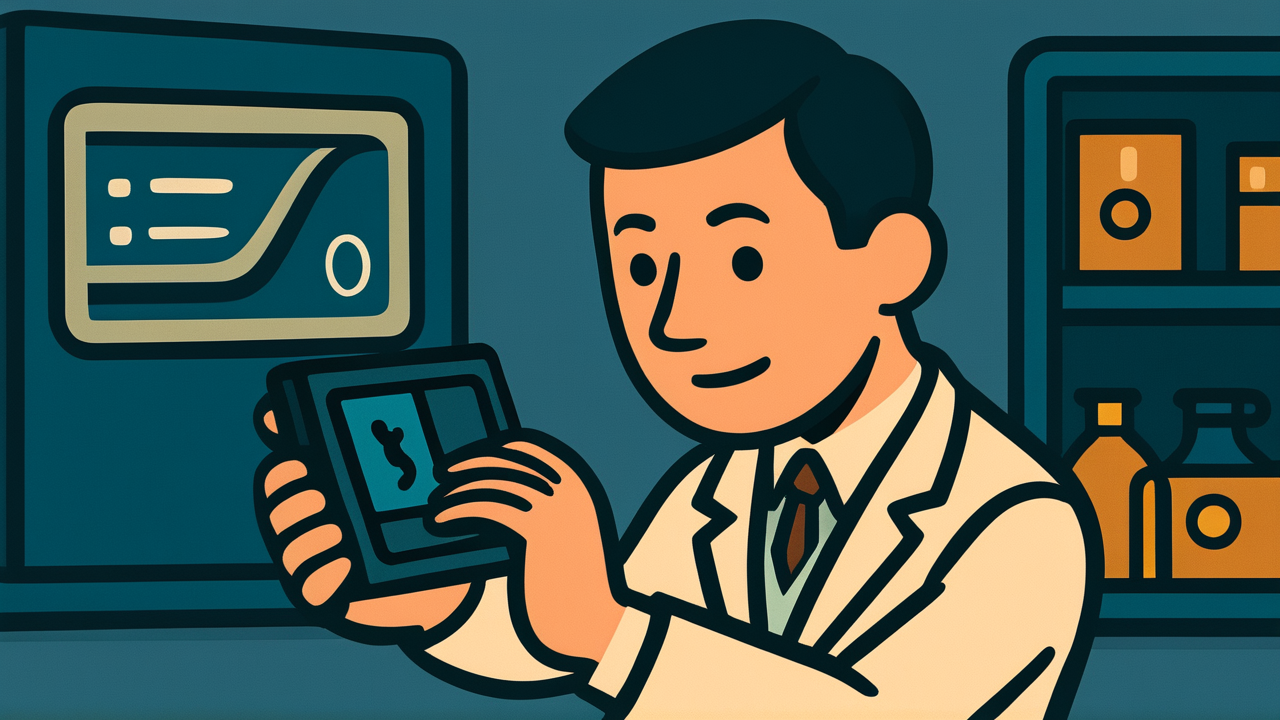How to Read “物は試し”
mono wa tameshi
Meaning of “物は試し”
“Things are trial” is a proverb meaning that it’s important to actually try doing something first in any situation.
Things that you can’t understand just by thinking about them in your head become clear when you actually take action. It expresses that even in situations where you don’t know if you’ll succeed, there’s value in trying anyway. This proverb is often used in situations where you want to encourage someone who is hesitating.
It shows a very positive attitude of trying to verify the true value of things through practice rather than relying only on theory or speculation. It’s a saying that teaches us the importance of taking that first step rather than doing nothing out of fear of failure. Even today, it’s beloved by many people as words of encouragement when taking on new challenges.
Origin and Etymology
Regarding the origin of “Things are trial,” the current situation is that no clear documentary evidence has been found. However, when considering how this proverb came to be, it’s thought to be an expression born from the practical wisdom of the Japanese people.
The word “things” here refers to “matters” or “affairs,” which is a usage that has been widely used in Japanese since ancient times. “Trial” is a noun form meaning “to try” or “to actually do something,” which is also an old Japanese way of expression.
When examining literature from the Edo period, similar expressions can be found scattered throughout, so it’s likely that this was already being used among common people during that era. People of that time valued the attitude of first trying things in practice rather than theory when it came to new techniques and methods.
Particularly in the world of craftsmen, when masters passed down techniques to their apprentices, the teaching method of “first, try doing it” was common. This cultural background that emphasized practice is thought to have been the foundation that gave birth to the proverb “Things are trial.” It has also been included in dictionaries since the Meiji period and has been an expression beloved by Japanese people for a long time.
Usage Examples
- I’m curious about a new recipe, so things are trial – let me try making it
- If you’re unsure about changing jobs, things are trial – why don’t you try going to an interview
Modern Interpretation
In modern society, the spirit of “Things are trial” has come to hold even more important meaning than before. In our information society, countless pieces of information and reviews overflow on the internet, but you can’t understand true value just by reading them.
Especially in the field of digital technology, new apps and services appear one after another. Even if you read reviews or watch introductory videos, you can’t really judge whether something truly suits you unless you actually try using it yourself. The fact that free trials and trial periods are provided is exactly an example of how the “Things are trial” way of thinking is being applied in modern times.
On the other hand, it’s also said that fear of failure has grown stronger in modern society. The possibility of failures being spread on social media and perfectionist tendencies might be making people overly cautious. However, it’s also true that the attitude of startup companies to “first make something and put it out in the market” and the idea of “learning from failure” are gaining attention.
Precisely because we live in modern times where life choices have diversified – side jobs, career changes, taking on new hobbies – the value of starting small with the “Things are trial” spirit is being reconsidered.
When AI Hears This
The “mono” (thing) in “mono wa tameshi” (nothing ventured, nothing gained) actually hides two faces.
The first is the abstract meaning of “monogoto” (matters/affairs). It refers to things that don’t yet have form, like new ideas or methods. The second is the literal “mono” (thing), meaning something concrete that you can hold in your hands.
This duality is the very essence of this proverb.
When the human brain tries to understand abstract concepts, it always processes them by converting them into concrete images. For example, when we think about the concept of “love,” we unconsciously picture hearts or heart symbols. Similarly, the act of “trying something out” is processed in our minds as the concrete action of “picking up an object and examining it.”
According to research by cognitive scientist George Lakoff, humans understand about 80% of abstract concepts based on physical experiences. The “mono” in “mono wa tameshi” expresses exactly this cognitive mechanism.
In other words, this proverb isn’t just words of encouragement. It’s a philosophical expression that captures in a single word the moment of cognitive transformation when humans convert unknown possibilities into known experiences. The abstract “thing I want to try” becomes concrete “experience as an object” through the act of trying. This conversion process tells the story of the very essence of human learning and growth.
Lessons for Today
What “Things are trial” teaches us today is the importance of having the courage to take small steps rather than waiting for perfect preparation. Precisely because we live in an age overflowing with information, it reminds us that there’s no learning that surpasses actual experience.
In modern society, more and more people can’t take action because they fear failure. But this proverb encourages us by saying “you don’t need to be perfect, just try it first.” Whether learning new technology, considering a career change, or building human relationships, everything starts with “trying.”
What’s important is that you don’t need to take big risks. You can start small and gradually expand your scope. Just like trying a cooking recipe or using a new app, taking on challenges with a casual attitude will enrich your world. Today might be the perfect chance to “try” something new.



Comments